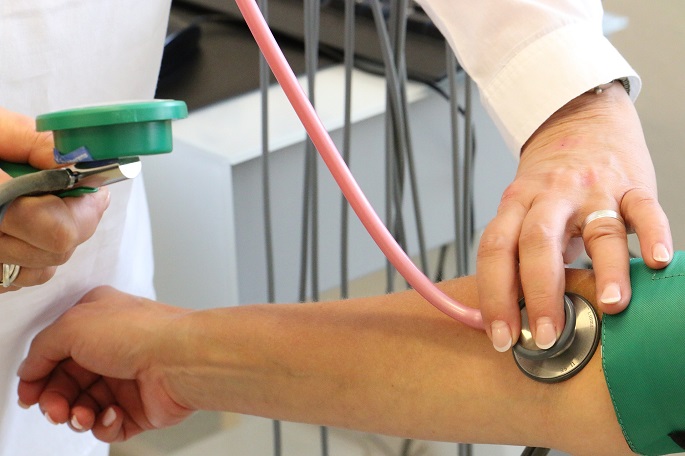Childhood heart surgery causes long-term problems among adults
Published : 30 Jun 2020, 02:08
Updated : 30 Jun 2020, 10:39
Long-term morbidity as well as a lower level of education and employment rate are common among adults who underwent congenital heart surgery during childhood, regardless of the severity of the defect, according to a study report published in the Journal of the American Heart Association, The study was carried out by the University of Helsinki and the New Children’s Hospital.
A congenital heart defect in childhood increases the risk of chronic diseases, such as arrhythmia and heart failure, in adulthood, said the University of Helsinki in a press release quoting the study report.
The risk of other diseases, including asthma, epilepsy and even psychiatric diseases, is also higher than usual. These adverse effects occur regardless of the severity of the heart defect.
Heart malformations are the most common congenital structural defects of an individual organ. The study encompasses all patients who underwent congenital heart surgery in Finland aged less than 15 from 1966 onwards.
“The findings emphasise the importance of long-term follow-up among this patient group. Furthermore, the study highlights the extensive coverage of Finland’s national databases and the excellent opportunities for follow-up studies they provide, not available in many other countries,” said Alireza Raissadati, a paediatrician specialising in paediatric cardiology.
According to another study report, published in the Paediatrics journal, the effects of heart defects also extend to the quality of life. Adults who underwent heart surgery in childhood had a lower level of education and rate of employment than the control subjects; this was the case especially among men.
The study compared the level of education, rate of employment, marital status and number of children between adults who had undergone heart surgery in childhood and control subjects during a 60-year period.


